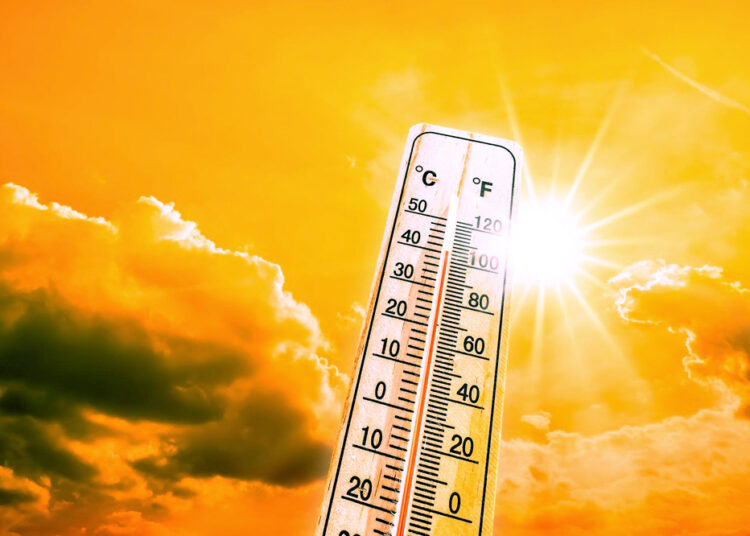As communities in the northern part of the country continue to record abnormal heat waves, climate change experts have warned that the trend could lead to low farm yield which would ultimately hamper efforts at achieving food security.
Already, northern states recorded heat waves ranging from about 43 degrees Celsius to 47 degrees Celsius. Deaths were recorded in Borno and Kano states owing to the heat wave.
Northern Nigeria boasts of having a fertile land suitable for the production of different varieties of crops to feed the country and other neighbouring nations.
In an exclusive interview with LEADERSHIP Friday in Bauchi, a climate change expert, Dr Ibrahim Kabir insisted that the current heat wave is a result of climate change, and urged individuals, especially farmers to take both mitigating and adaptive measures to avoid going hungry.
He attributed the heat wave to human activities such as deforestation, which contributed to the increase in temperature over the past decades.
Kabir emphasized the importance of planting improved seed varieties and tree planting, as trees absorb carbon dioxide and moderate atmospheric conditions.
He stressed that climate change is real and requires collective effort to combat its devastating effects.
Another expert who is also the special adviser to the Bauchi State Governor on Agriculture, Dr Iliyasu Gital, noted that while farming is affected by climate change, agricultural activities also contribute to the problem.
He advocated for regenerative agriculture practices to mitigate the effects of climate change.
Gital advised farmers to be on the lookout for vital information on farming activities and to reach out to extension workers for expert advice on best practices to boost productivity.




